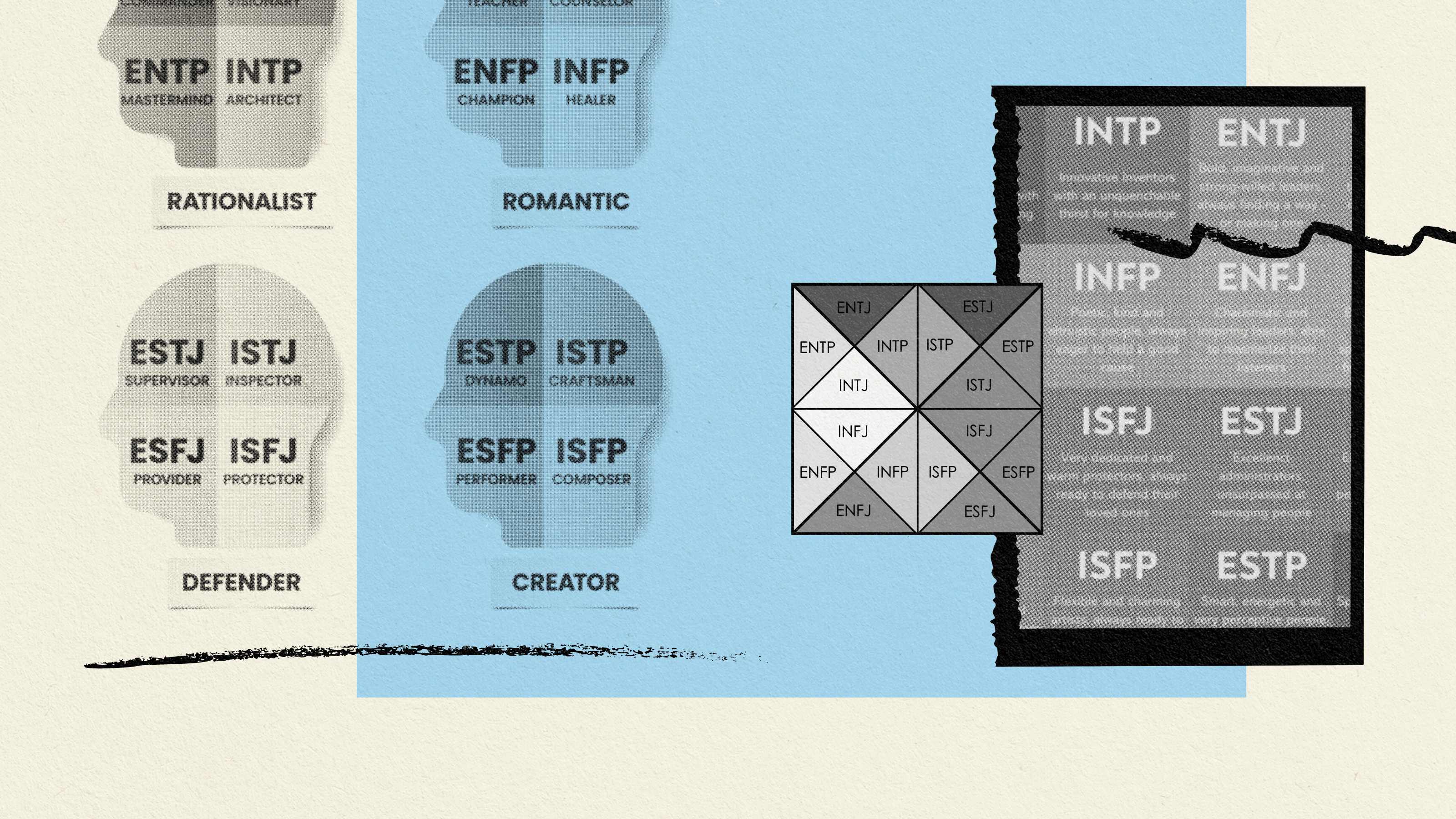The Rust Belt was promised a lot this election – will those promises, which are now transitioning into policies, be made good? Economist and UN advisor Jeffrey Sachs is a Rust Belt native himself, and believes it’s in the hands of people in that area to take an informed look at the economic proposals of the Trump administration – will these proposals benefit the average person, or is there misdirection and populist scapegoating at play that will only serve to make the rich richer? Sachs provides some red markers to watch for when listening to policy proposals, and offers a question to keep in mind: “Who is going to pay for that tax break?” It may not be the answer the people of the Rust Belt signed up for. Jeffrey Sachs’s most recent book is Building the New American Economy: Smart, Fair, and Sustainable.
Jeffrey Sachs: If you’re from the rust belt the first thing I would say is so am I. I’m a Detroiter. And so I understand the situation in the rust belt and it’s a bad situation. Now Donald Trump won votes there by saying I’m going to fix your situation and he said how he proposes to do it. He said you’re suffering because China has taken advantage of us, bad trade deals because of migrants in our country, because of Mexico and NAFTA and our jobs going overseas and so forth.
I’d give that a rounded D, you know. Probably passing for effort but obviously didn’t do much reading and doesn’t really understand economics very much. The first thing I would say is, “Donald, you’re my student. Didn’t you read about the widening income inequality in the country – that as those voters in the rust belt are suffering your buddies, the billionaires that you put in the cabinet they’re having the time of their lives. How about remembering that in your essay?"
The point I would say to the rust belt is you have now heard the words of a typical populist. A populist looks at a real problem and says it’s the foreigners that caused it. It’s the other people that caused it. A populist always is looking for misdirection for the enemy. It’s kind of like a magic act where the magician tries to make you look over here while they’re stealing out of your pocket on the other side. That’s what’s going on in America right now.
The problem with populism is it doesn’t work. So he may try to beat up on China, good luck to us. We could end up with a real global crisis if they try that. He could try to beat up on Mexico. Probably a little bit more success in the sense of doing harm to others but we’d have a pretty bad backlash as well. But what he can’t do is solve your rust belt problems that way. That he can’t do
So I would say, you know, now it’s your turn to grade the paper because you’re going to be watching Donald turn in weekly exam papers and so you’re going to have to be grading him. Who are the beneficiaries of his actions? Are the rich going to get richer? How many jobs do you really think are coming home? If Ford says, “Okay, we won’t invest in Mexico, we’ll invest in the U.S.” and that creates 700 jobs for a $700 million investment, one job per million dollars. How far are we going to get that way?
You’re going to be the graders now and I would say think hard and seriously. Are you watching gimmicks? Are tweets going to solve your problem or are you hearing solutions that are not solutions for a few rich people but are solutions for you? And one more thing I would recommend to Americans. He’s going to come across and say, “I’m going to cut your taxes and I’m going to cut the rich people’s taxes. I’m going to cut everybody’s taxes.” And Americans will say, “Whoa, that’s wonderful. That’s great.” But then they should think for a moment. “Okay, well isn’t that going to raise the deficit? Okay, isn’t that going to be a lot of more public debt? Yeah. Who’s going to pay for that? My kids?” Or if you’re a young millennial; “I’m going to pay for that! What the heck is that – giving tax breaks to 70-year-old friends of our 70-year-old president and leaving me with the debt?”
So that I think is how we’re going to have to grade this government. And so far they don’t do their homework. They don’t do their reading. They haven’t really studied very hard and so far if they’re passing it’s close to failing.






